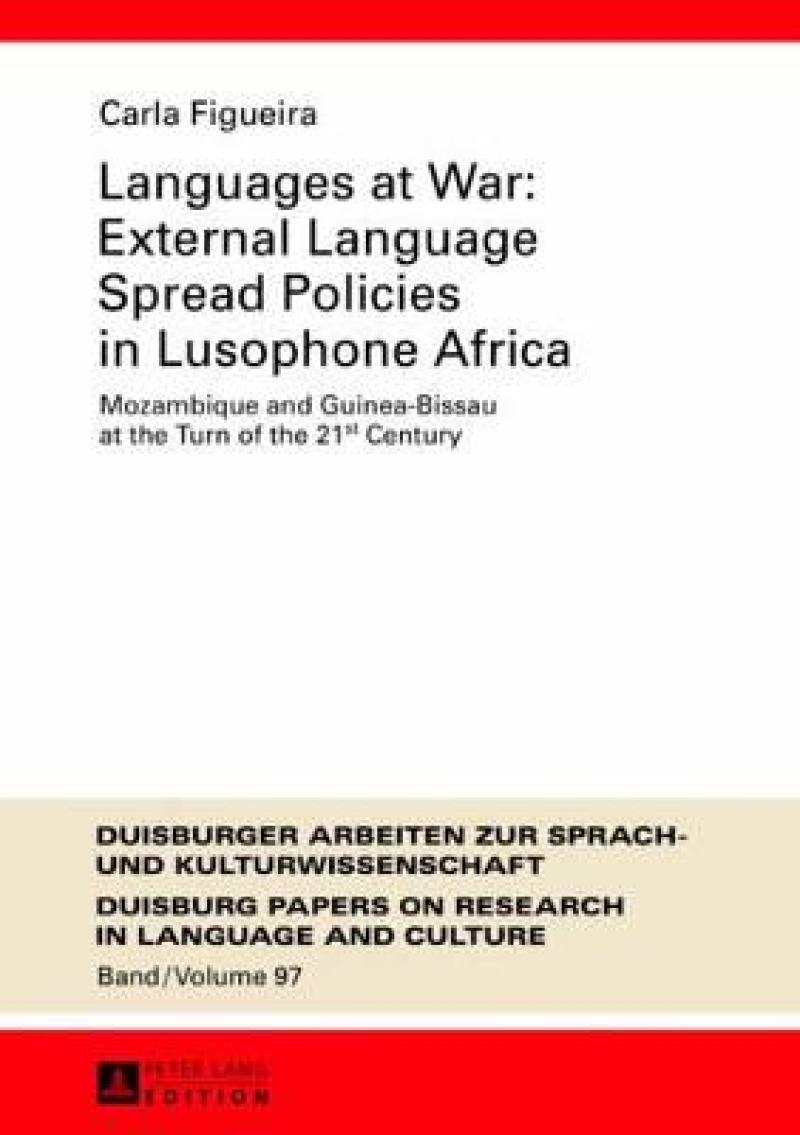This study explores the argument that postcolonial Africa has been the setting for competing external language spread policies (LSPs) by ex-colonial European countries at the turn of the 21st Century. It focuses on the external LSPs developed by the governments of Portugal, Brazil, United Kingdom, France and Germany towards Mozambique and Guinea-Bissau from the 1990s to the present. The study offers a perspective on the web of relationships involving European ex-colonial powers and the African postcolonial countries of Guinea-Bissau and Mozambique. The author seeks to examine the development of external (European) LSPs and the construction of politico-linguistic blocs in a complex context whilst taking into account the colonial heritage and its lingering dependencies, the construction and maintenance of nationhood and the increasing globalisation of the world.
Les mer
Has postcolonial Africa been the setting for competing external language spread by ex-colonial European countries like France, Portugal and the UK? The case studies presented in this work illustrate the pervasiveness of international European languages in Africa fostered by the history, structure and functioning of the international system.
Les mer
Contents: Language and Power – External Language Spread Policies – Cultural Diplomacy – Foreign Cultural Policy – International Cultural Relations – Political Blocs based on Language and Culture – Lusophone Africa – Mozambique – Guinea-Bissau – Portugal – UK – British Council – Germany – France – Brazil.
Les mer
Produktdetaljer
ISBN
9783631644362
Publisert
2013
Utgiver
Vendor
Peter Lang AG
Vekt
560 gr
Høyde
210 mm
Bredde
148 mm
Aldersnivå
P, 06
Språk
Product language
Engelsk
Format
Product format
Innbundet
Antall sider
355
Series edited by
Forfatter
